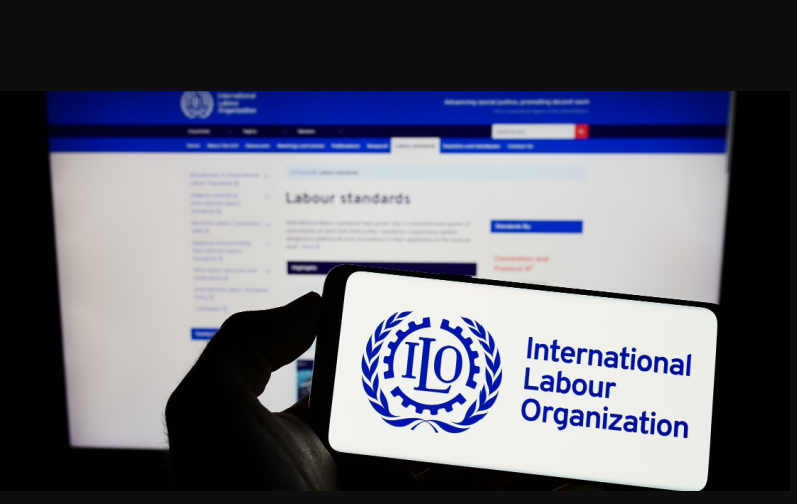According to a UN research released on Monday, artificial intelligence is more likely to create new employment than eliminate existing ones.
Artificial intelligence Chaos
In a time of mounting concern about the possible effects of the technology, a UN study released on Monday found that artificial intelligence is more likely to enhance jobs than to eliminate them.The introduction of ChatGPT, a platform for generative AI that can handle complex tasks on demand, in November was heralded as a technological milestone portending a potentially revolutionary change in the workplace.
Artificial intelligence (AI) is often seen as a threat to jobs, but a new study by the United Nations has found that AI is more likely to augment than destroy jobs. The study, which was conducted by the UN’s International Labour Organization (ILO), found that AI is likely to create new jobs in areas such as healthcare, education, and social services.

The study also found that AI is likely to lead to increased productivity and economic growth. The ILO estimates that AI could boost global GDP by $15.7 trillion by 2030.
However, the study also warned that AI could have some negative impacts on the labor market. For example, AI could lead to job losses in some sectors, such as manufacturing and transportation. The study also found that AI could exacerbate existing inequalities in the labor market, as those with the skills and education to benefit from AI are likely to see their earnings increase, while those without these skills are likely to see their earnings decline.

The ILO is calling on governments to take steps to mitigate the negative impacts of AI on the labor market. These steps include investing in education and training to help workers develop the skills they need to succeed in the new economy, and providing social safety nets to help workers who lose their jobs to AI.
The study’s findings are consistent with other research on the impact of AI on the labor market. For example, a study by the McKinsey Global Institute found that AI is likely to create more jobs than it destroys in the long term. The study also found that AI is likely to lead to increased productivity and economic growth.
The study’s findings are important for policymakers and businesses. Policymakers should take steps to mitigate the negative impacts of AI on the labor market, such as investing in education and training and providing social safety nets. Businesses should also start to think about how they can adapt to the new AI-powered economy.

Therefore, rather than causing job losses, new technology is more likely to result in changes to employment quality, particularly in terms of work intensity and autonomy.
The report also warned that women were more likely than males to see their careers disrupted, and that the effects of technology will vary dramatically between professions and geographic areas.
It was discovered that administrative work had the highest amount of technology exposure, with roughly a quarter of tasks being highly exposed and more than half having a medium level of exposure.
In the meantime, the analysis suggested that higher-income nations will be most affected by automation because of the significant proportion of clerical and paraprofessional employment in their labour markets.
It was discovered that, although only 0.4% of employment in low-income nations was possibly automated by generative AI, 5.5% of all employment in high-income countries was.
In addition, the study revealed that because women are overrepresented in clerical work, particularly in high- and middle-income nations, the share of employment that could be affected by automation was more than twice as high for women as it was for males.

While the analysis from Monday indicated that the potential for augmentation was about similar across countries, it did show significant variances in the potential impact on AI-generated job losses across wealthy and impoverished countries.
According to the ILO, this indicates that “with the right policies in place, this new wave of technological transformation could offer significant benefits for developing countries.”
Although automating repetitive jobs could free up time for more interesting work, the report issued a warning that “it can also be implemented in a way that limits workers’ agency or accelerates work intensity.”Because outcomes of the technological transition are not predetermined, countries should establish policies to facilitate a “orderly, fair, and consultative” transition, the report’s authors argued.
ALSO READ;Integration Of Bard With Google Products: A Game-Changer In User Experience




































